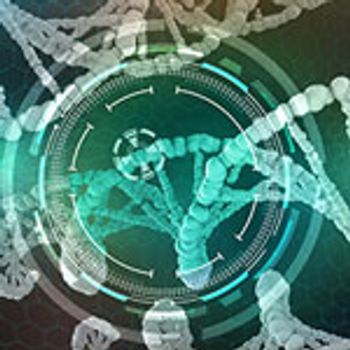
While cell and gene therapies differ in many ways, some of the best practices for process development and validation are similar.

Cynthia A. Challener, PhD, is a contributing editor to BioPharm International.

While cell and gene therapies differ in many ways, some of the best practices for process development and validation are similar.
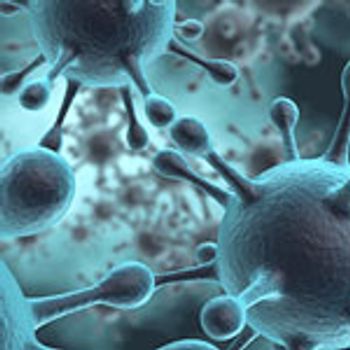
Ensuring that viral vectors are free of viral contaminants requires a focus on prevention and control.

Accelerated timelines and small batch volumes of cell and gene therapies pose unique challenges for product-release testing.

Leveraging automation and a step-by-step approach are keys to success.

Innovation in manufacturing technologies must occur to ensure the availability of gene and cell therapies.

The evolution of cell-culture technology is driving the need for improvements in modeling solutions.

Successful process intensification with inline dilution requires effective monitoring and control.

Real-time monitoring of product- and process-related impurities remains a challenge.

The learning curve for process analytical technology has slowed widespread adoption.

Sterile filtration is often required for biologics but presents degradation and compatibility challenges.

Getting the science right helps biopharma startups overcome development and commercialization challenges.

Both empty and filled syringes must pass a range of tests to meet quality standards for biopharmaceutical drugs.
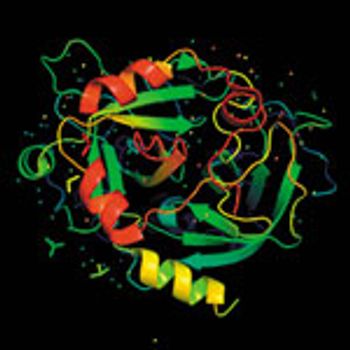
New platform technologies, advanced modeling tools, and addressing patient needs are important developments.

Leveraging vast quantities of analytical data requires digitalization and platform integration.

Orphan and cancer drugs continue to lead, but treatments for many common diseases were also approved in 2018.
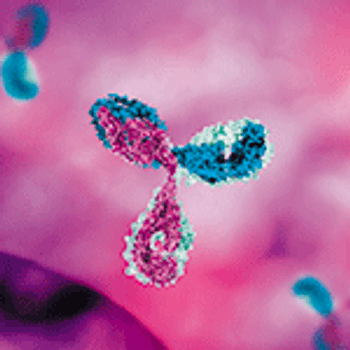
New ligands are being developed to meet the separation and purification needs of next-gen biologics.

Microbial identity data can be critical for determining contamination sources.

Bioconjugation requires aseptic manufacturing and containment for cytotoxic payloads.

Advances in single-use technologies, sensors, and cell retention systems facilitate processes designed for the long run.

Bioconjugation requires aseptic manufacturing and containment for cytotoxic payloads.

The maturation of single-use technologies presents commercial bioprocessing options for small-volume drug products.

Automation can improve many aspects of bioprocessing, but several hurdles must be overcome before the full range of benefits can be realized.
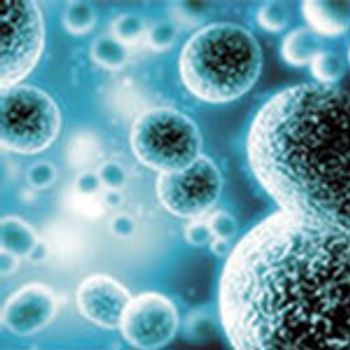
Biopharma seeks alternatives that meet the needs for next-gen biologic drug production.
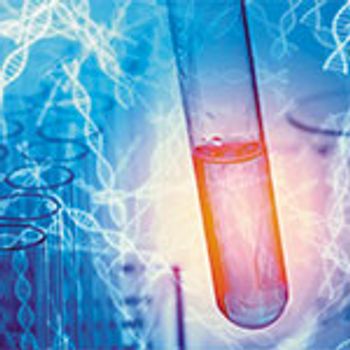
More complex biologic samples must be evaluated to ever higher levels of specificity and sensitivity.

More advanced NGS-based techniques still require validation and regulatory acceptance.

More published data and initial regulatory approvals are needed to drive adoption of continuous bio-manufacturing.

Access to multiple analytical techniques is essential for fully characterizing complex protein formulations.

Early adopters are benefiting from lower costs and increased productivity.

Greater clarity on the application of existing regulations will accelerate development of cell and gene therapies.

Gene therapies highlight FDA new drug approvals in 2017.